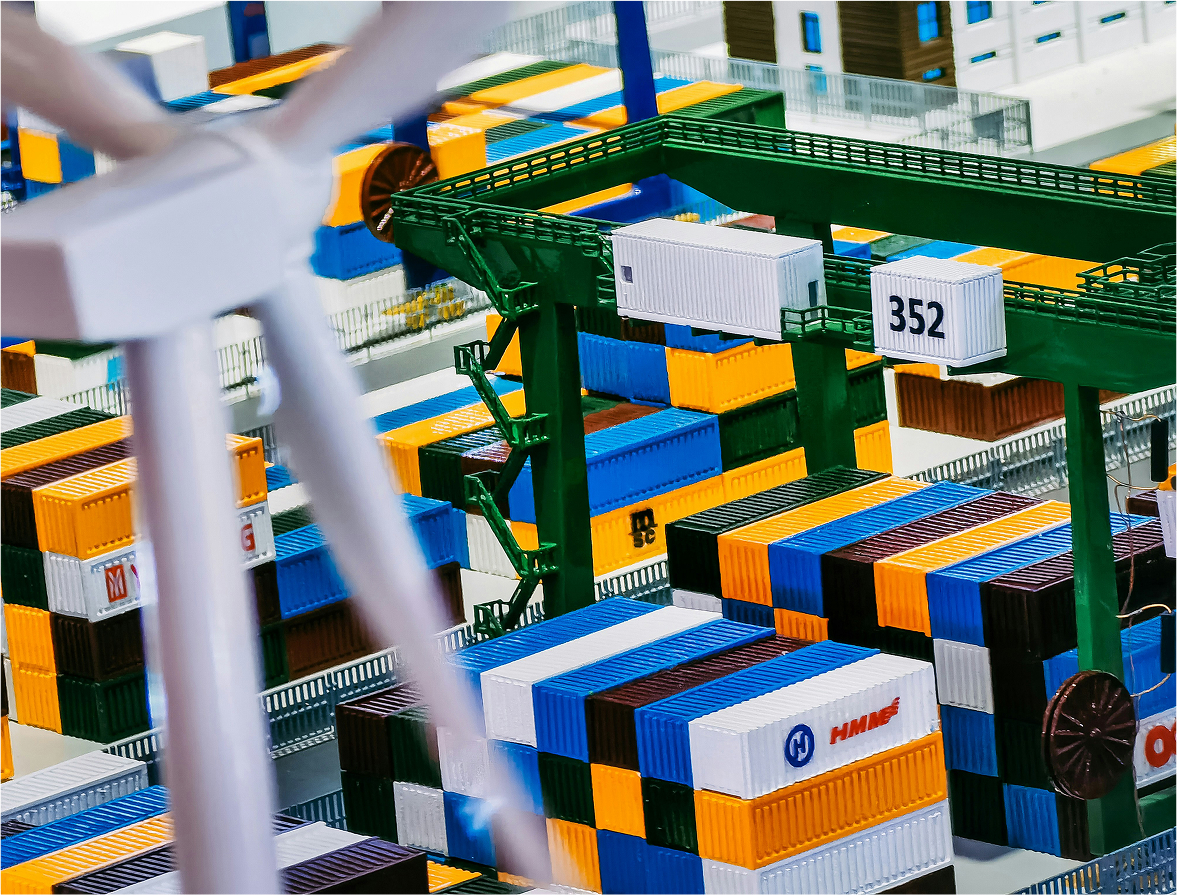Policies & Regulations
June 10, 2024


Policies & Regulations
June 10, 2024

The Corporate Sustainability Due Diligence Directive (CSDDD) is a comprehensive piece of legislation designed to enforce respect for human rights and the environment across entire supply chains. Unlike previous sector-specific or voluntary due diligence laws in some EU member countries, the CSDDD establishes mandatory requirements for a broad range of companies, ensuring a unified approach to corporate sustainability in the EU.
The CSDDD applies to both EU-based and non-EU companies operating within the EU. Specifically, it targets:
Approximately 13,000 EU companies and 4,000 non-EU companies are expected to fall under the directive’s scope. Notably, the financial sector is currently excluded from the CSDDD, despite existing sectoral guidelines from the OECD (Organisation for Economic Co-operation and Development).
Under the CSDDD, companies are required to:
Following the formal adoption of the CSDDD, EU member states will have two years to transpose the directive into national law. The application of requirements will be phased in:
National supervisory authorities will enforce compliance through several measures:
The CSDDD represents a significant step towards embedding responsible business practices across the EU. It aims to harmonize due diligence standards, creating a level playing field for all companies operating in the EU market. As member states work to transpose the directive into national law, businesses should begin preparing to meet these new requirements and contribute to a more sustainable and responsible global economy.
For more insights and updates on how the CSDDD and other regulations impact your business, follow our LinkedIn and Twitter pages or subscribe to our newsletter! 💚🌍
Get the latest updates regarding carbon management, compliance, and industry news!